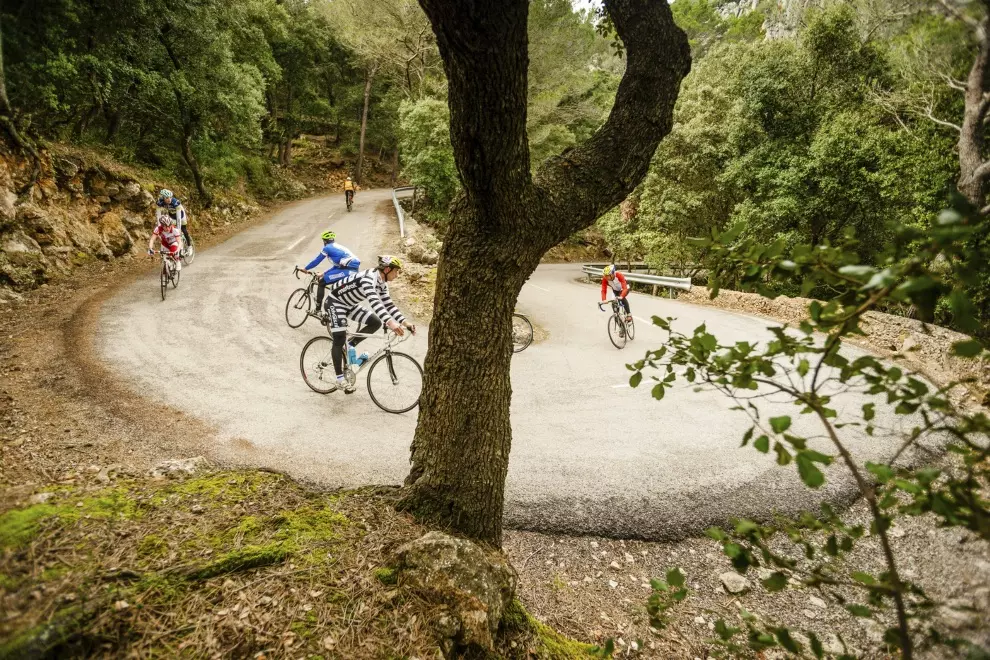Don’t eat factory-farmed beef
Factory farming is awful for the animals involved and it’s quite damaging to our planet too. The methane that cattle produce accounts for up to 12% of the total greenhouse gas emissions in the US. And it’s a similar story in Europe and in other parts of the world too. Beef is also one of the most inefficient uses of resources on the planet: factory-farmed beef has the highest water, feed, and land requirements of all commonly consumed meats. Switching to beef from local, organic, sustainable farms is a step in the right direction.
Give insects a try
Insects are sort of a forgotten food group in the western world. And that’s a shame because if we compare, for example, crickets to cattle in terms of farming efficiency, it’s clear that they are the superior choice. To produce the same amount of protein as cattle, crickets need 12x less feed, 15x less land, 2000x less water, and produce 100x less greenhouse gasses. Plus crickets can be fed food waste, like banana peels or rice bran that would have otherwise been thrown away. Give them a try, their protein is the same quality as beef!
Go for organic, seasonal and local produce
The problem with buying regular produce like wheat, soy, or corn that is mass-farmed on plantations is soil depletion, among other things. About 40% of the world’s agricultural land is now seriously degraded. UN figures indicate that an area of fertile soil the size of Ukraine is lost every year because of poor farming practices. The solution is creating ecosystems on farms where animals, plants, and insects all co-exist and make our soil fertile and sustainable. This unfortunately is not a common practice yet. If you want the closest best thing, go organic. Find a local farmer who cares about their soil’s future, and buy what’s in season.
https://www.instagram.com/p/BHpAbdfBquD/
Don’t waste food
Another massive problem with our current food system is how much of the food produced we waste. Compost if you can, that’s the best use of inedible food. If you don’t have that option, then focus on planning meals before shopping, get in the habit of eating leftovers from the previous day, and be aware of the expiration dates on food labels you already have.





